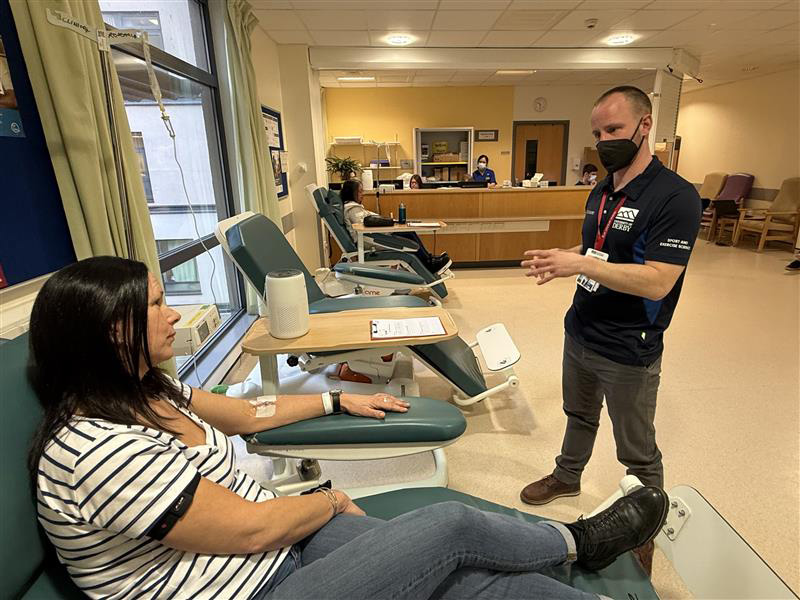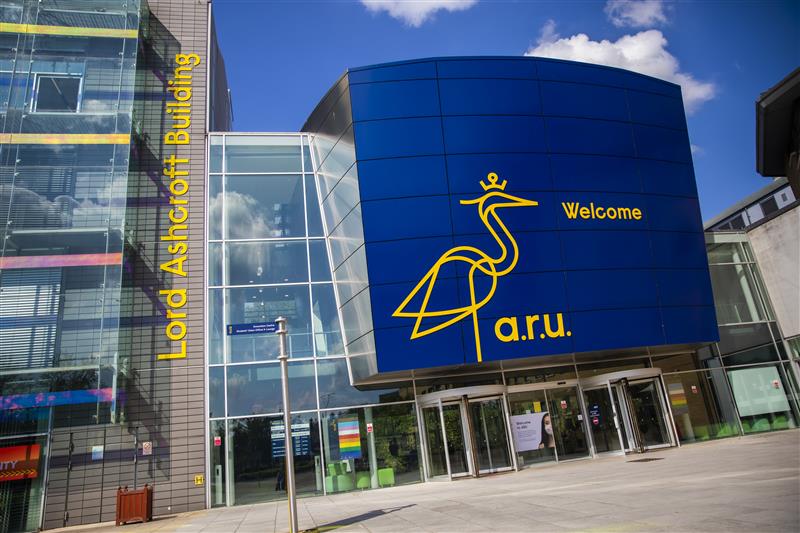Addressing the Challenges and Solutions for Social Mobility Learners in UK Higher Education

Helen Maxwell, UK Business Development Manager at NCC Education, delves into the key barriers that impede social mobility learners and explores comprehensive strategies involving educational institutions, employers, and government agencies to create a more inclusive and supportive environment. By understanding and addressing these challenges, we can pave the way for a more equitable higher education system that empowers all students to achieve their full potential.
In the evolving landscape of UK higher education, students from disadvantaged backgrounds, known as social mobility learners, face numerous obstacles in their pursuit of academic and professional success. Despite growing awareness of the critical role social mobility plays in fostering a fair and equitable society, these students continue to grapple with significant challenges. From disparities in access to quality education and financial constraints to the absence of robust support systems and pervasive stereotypes, the hurdles are manifold.
Understanding the Barriers
Disparities in Access to Quality Education
Many students from disadvantaged backgrounds attend under-resourced schools lacking essential facilities and equipment, which hampers their educational experience. This gap often results in lower confidence and a sense of lagging behind peers from more affluent backgrounds.
Navigating Higher Education
Social mobility learners frequently lack access to accurate information regarding higher education options, courses, and career paths. Overstretched guidance counsellors may not provide the personalised advice these students need, leading to a lack of clarity about their academic and career choices.
Stigma and Stereotypes
Negative perceptions within higher education institutions and communities can undermine students’ confidence and self-esteem, making it difficult for them to achieve their goals and integrate fully into academic and professional environments.
Limited Support Systems
Access to mental health services, career counselling, and academic support is typically more limited for social mobility learners, which can impede their ability to cope with the demands of higher education.
Financial Constraints
Tuition fees and the prospect of substantial debt from student loans can deter students from lower-income backgrounds from pursuing further studies. Additionally, these students often lack access to professional networks, internships, and mentorship opportunities, crucial for job market success.
Comprehensive Strategies for Support
Educational Institutions
Educational institutions must invest in under-resourced schools, hire more guidance counsellors, and offer additional support services for struggling students. Prioritising diversity and inclusivity in the curriculum ensures all students feel seen and represented.
Employers
Employers can provide internship opportunities, mentorship programs, and job training schemes specifically designed for social mobility learners. Promoting diversity and inclusion in hiring practices recognises the unique skills and perspectives these students bring to the workplace.
Government Agencies
Government funding for initiatives aimed at improving educational outcomes for disadvantaged students is crucial. Policies that reduce financial barriers, such as reducing tuition fees or providing more generous student loans, can make higher education more accessible.
Changing Cultural Attitudes
Addressing stigma and stereotypes requires recognising the achievements and strengths of social mobility learners. Encouraging students to pursue their passions and interests, rather than conforming to traditional expectations, is essential for their success.
Conclusion
At NCC Education, we are committed to addressing these challenges through our InspireED initiative, which offers scholarships to accredited partner centres to assist students of social mobility. This initiative aims to provide financial assistance, mentorship, and career guidance to help social mobility learners overcome barriers and succeed in higher education.
By working together, we can create a more inclusive and supportive environment that enables social mobility learners to succeed. Addressing the challenges they face helps level the playing field and ensures all students have an equal opportunity to thrive in higher education and beyond.
By Helen Maxwell, UK Business Development Manager, NCC Education











Responses